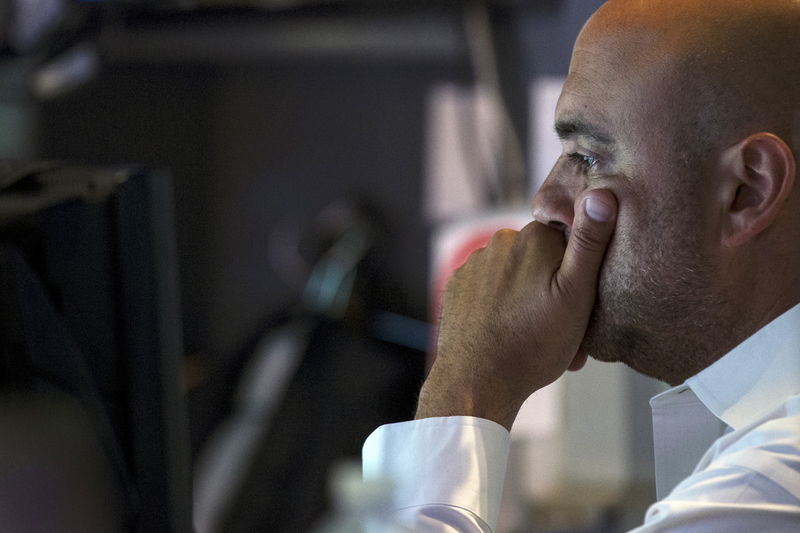Imagine an immersive wine tasting game in VR, where the player can smell the wine in a virtual wine cellar and match the aromas of each wine.
That is exactly what the researchers at Stockholm and Malmö universities developed to showcase the capabilities of their odor machine, which makes smelling in VR environments possible.
What’s even better, this odor machine can be printed on 3D printers and all code, blueprints and instructions for the machine are open source.
How does it work?
In the game, the participant explores a virtual wine cellar with the help of a VR headset, picking up virtual wine glasses which contain different types of wine.
The small scent machine is attached to the VR system's controller, and when the player lifts the glass, it releases a scent.
"The possibility to move on from a passive to a more active sense of smell in the game world paves the way for the development of completely new smell-based game mechanics based on the players' movements and judgments," said Simon Niedenthal, interaction and game researcher at Malmö University.
What's next?
"We hope that the new technical possibilities will lead to scents having a more important role in game development," said Jonas Olofsson, professor of psychology and leader of the research project at Stockholm University.
He adds: "In the same way that a normal computer game becomes more difficult the better the player becomes; the scent game can also challenge players who already have a sensitive nose. This means that the scent machine can even be used to train wine tasters or perfumers."
The research group, Sensory Cognitive Interaction Laboratory (SCI LAB), situated at the Department of Psychology, Stockholm University, now hopes that scented computer games can become useful for other purposes.
"For those who, for example, lost their sense of smell after COVID-19 or for other reasons, the new technology can mean an opportunity to regain their sense of smell with the help of game-based training," Olofsson said.
Open source all the way
All code, blueprints and instructions for the machine are open source, so is the code for the virtual wine tasting game.
"But it also means that the costs of the equipment are greatly reduced, which makes it available to more people. To us that is important," said Niedenthal.
"We believe in open science, that research results should be made available to the public and that other researchers should be able to repeat our results. With the help of our research, others can build scent machines and explore new ways of using scents in games," Olofsson said.
